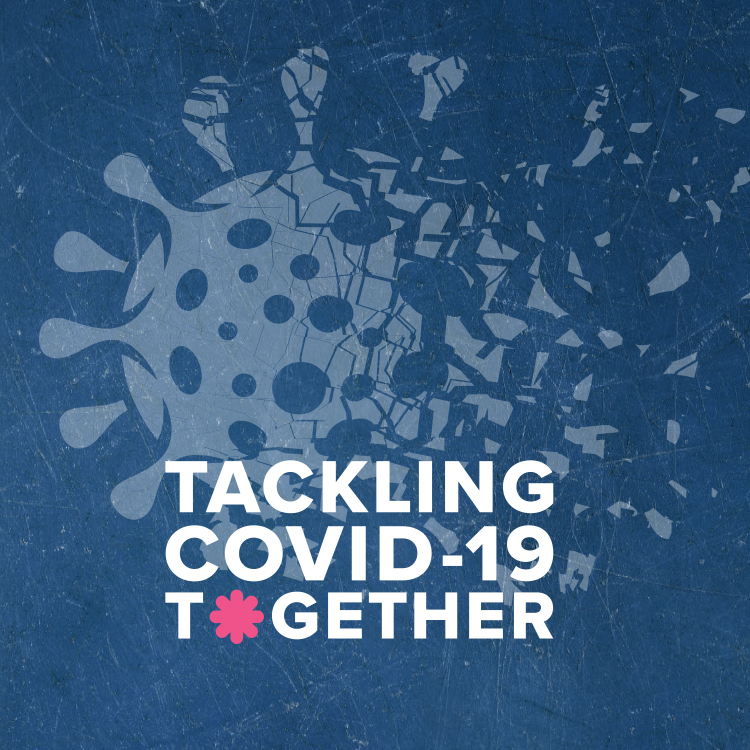Search
Research
Strep A: challenges, opportunities, vaccine-based solutions and economicsStreptococcus pyogenes (Strep A) is a leading cause of morbidity and mortality across the globe, annually causing hundreds of millions of cases of disease.
Research
Stratification of Sepsis Patients on Admission into the Intensive Care Unit According to Differential Plasma Metabolic PhenotypesDelayed diagnosis of patients with sepsis or septic shock is associated with increased mortality and morbidity. UPLC-MS and NMR spectroscopy were used to measure panels of lipoproteins, lipids, biogenic amines, amino acids, and tryptophan pathway metabolites in blood plasma samples collected from 152 patients within 48 h of admission into the Intensive Care Unit (ICU) where 62 patients had no sepsis, 71 patients had sepsis, and 19 patients had septic shock.
Research
Mutational rescue of the activity of high-fidelity Cas9 enzymesProgrammable DNA endonucleases derived from bacterial genetic defense systems, exemplified by CRISPR-Cas9, have made it significantly easier to perform genomic modifications in living cells. However, unprogrammed, off-target modifications can have serious consequences, as they often disrupt the function or regulation of non-targeted genes and compromise the safety of therapeutic gene editing applications.
Research
Correlating Quantitative and Genomic SARS-CoV-2 Wastewater Data with Clinical Metrics in Metropolitan Perth, Western AustraliaWastewater-based epidemiology (WBE) has emerged as a key method for the continuous monitoring of COVID-19 prevalence including circulating SARS-CoV-2 lineages. WBE addresses the limitations of traditional clinical COVID-19 surveillance such as clinical test availability, fluctuating testing rates, and increased reliance on rapid antigen tests.
Research
Community Priorities for Outcomes Targeted During Professional Supports for Autistic Children and their FamiliesProfessional supports play an important role in aiding autistic children's learning, participation, and overall wellbeing. Yet, limited research exists on stakeholders' perspectives and preferences regarding targeted outcomes for children undergoing support facilitated by professionals.
Research
The genomic evolutionary dynamics and global circulation patterns of respiratory syncytial virusRespiratory syncytial virus (RSV) is a leading cause of acute lower respiratory tract infection in young children and the second leading cause of infant death worldwide. While global circulation has been extensively studied for respiratory viruses such as seasonal influenza, and more recently also in great detail for SARS-CoV-2, a lack of global multi-annual sampling of complete RSV genomes limits our understanding of RSV molecular epidemiology.
Research
Changes in weight status of caregivers of children and adolescents enrolled in a community-based healthy lifestyle programme: Five-year follow-upWhānau Pakari is a family-centred healthy lifestyle programme for children/adolescents with overweight/obesity in New Zealand. This secondary analysis from our randomised trial within the clinical service assessed 5-year BMI changes in accompanying caregivers.

The Kids Research Institute Australia position on schools and COVID-19 in Western Australia
Research
Lytic activity, stability, biofilm disruption capabilities and genomic characterisation of two bacteriophages active against respiratory MRSAThis study aimed to characterise bacteriophages for potential therapeutic use against Staphylococcus aureus, focusing on clinical respiratory isolates of methicillin-sensitive (MSSA) and methicillin-resistant (MRSA) strains. Specifically, it sought to evaluate phage lytic activity, host range, stability, biofilm disruption capabilities, and overall safety for therapeutic use.
Research
Exploring the Experiences of Australian Fathers Who Lead School ‘Dads Groups’Past research suggests that fathers are underrepresented in traditional parenting and child health promotion programs compared to mothers. One promising method to deliver support is a peer-facilitated approach that enables fathers to connect with their peers. This model has been adopted by several community organisations in Australia. However, limited research evaluates the implementation and impact of these services.
